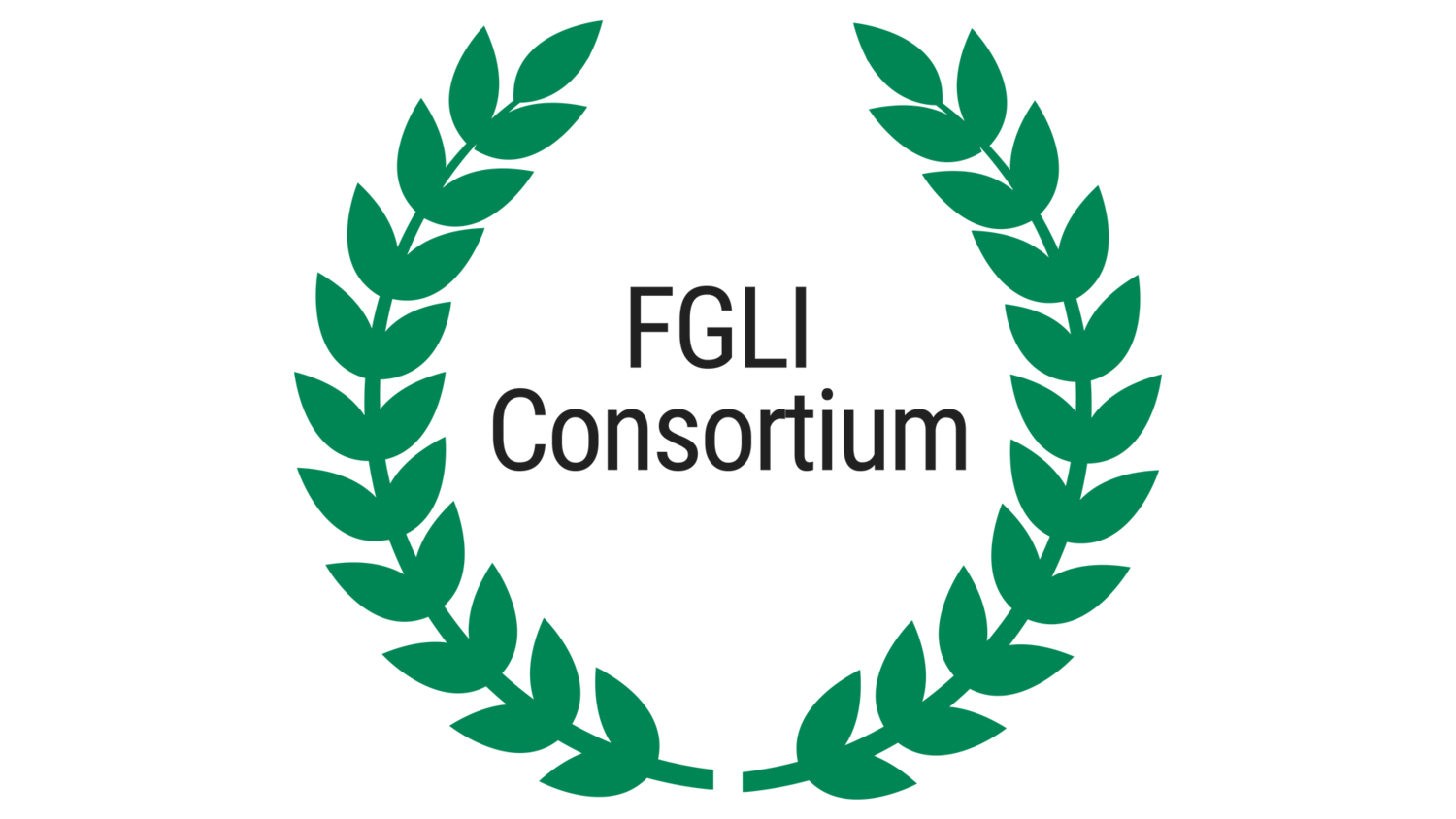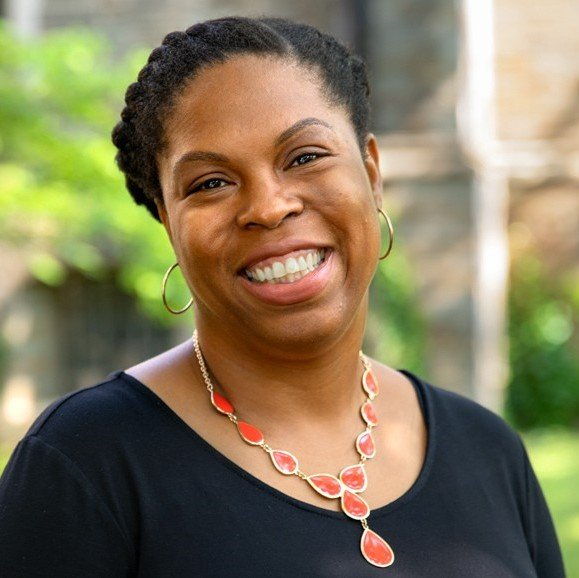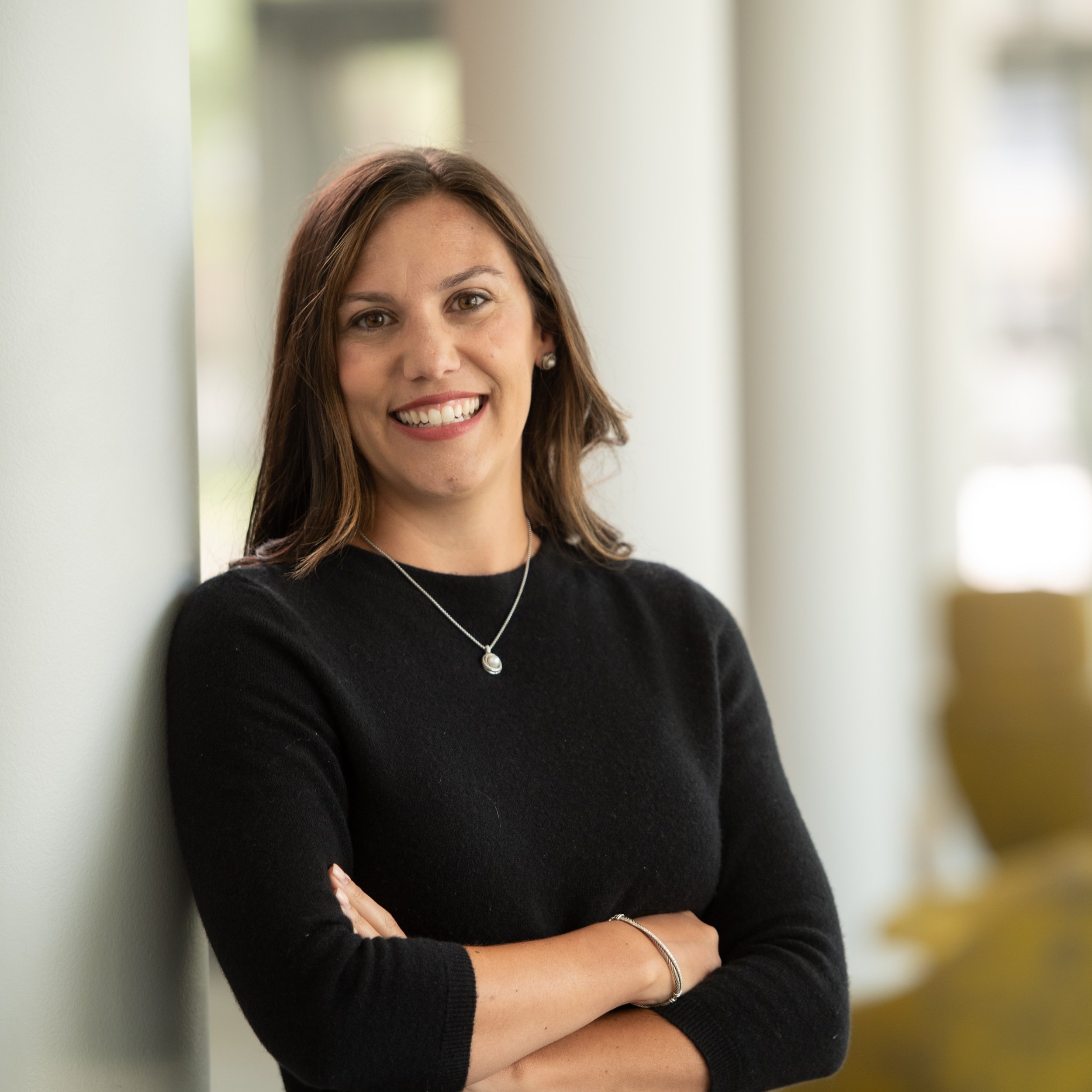Conference concurrent Sessions
Monday - 11:30 A.M. | Monday - 2:00 P.M. | Monday - Igniter Talks, 3:30 P.M. | Tuesday - 10:00 A.M. | Tuesday - 11:30 A.M.
Concurrent Session three
TUESDAY | 10:00 a.m. to 11:00 a.m.
Tues, Nov 15
10:00 a.m. to 11:00 a.m.
McKenna Hall
Room 204
Conference Track(s):
Collaboration
Coalition
Empowering Strategies to Promote Student Success through Meaningful Connections, Shared Learning, and Disruptive Practices
How can we best build meaningful connections and partnerships with colleagues across institutions to support first-generation, lower-income students and the administrators engaged in this very important work? Through lessons learned from staff at the Kessler Scholars collaborative–a network of first-generation student support programs operating across 16 campus-partner institutions, and a review of preliminary data collected from a qualitative dissertation research study–in this interactive session we will explore and highlight (1) how they built a unified, cohort-based programming model for first-generation students, (2) how shared learning strengthens program aims, and (3) the role of disruptive empowerment agents to drive institutional change in support of first-generation college student success. We hope you leave this session with a few new meaningful connections to add to your professional network and more empowering strategies and disruptive practices to support you and your work.
Shakima Clency | Kessler Scholars Collaborative
National Director of Campus Partnerships and Student Success
Shakima Clency serves as the National Director of Campus Partnerships and Student Success at the Kessler Scholars Collaborative, a four-year cohort-based program designed to support first-generation and limited-income students across 16 diverse institutions. Prior to this role, Shakima led the implementation of strategic diversity and inclusion priorities at Cornell Tech and previously served as the Director of First-generation and Low-income student support at Cornell University.
Shakima is currently pursuing her Ph.D. from the University of North Carolina at Greensboro and her research centers on the experiences of first-generation administrators and their efforts to support student success.
Kristen Glasener | Kessler Scholars Collaborative
National Director of Organizational Learning and Strategy
Kristen Glasener (she/her) is the National Director of Organizational Learning and Strategy at the Kessler Scholars Collaborative, a scholarship and holistic, four-year support program for first-generation students across 16 campus partner institutions. Kristen is responsible for managing and supporting evaluation across the national Collaborative network and overseeing the design and implementation of campus-based Kessler Scholars Programs.
Kristen holds a Ph.D. in higher education from the University of Michigan. Prior to joining the Kessler Scholars Collaborative, she worked in selective college admissions and as a college counselor advisor to support underserved students in navigating the college-going process.
Tues, Nov 15
10:00 a.m. to 11:00 a.m.
McKenna Hall
Room 206
Conference Track(s):
Coalition
Partnering with Faculty: Inclusive Teaching and the FGLI Student Experience
So much of our work equips FGLI students to navigate the institution as it is (e.g., hidden curriculum training), but it is also important to equip our faculty colleagues to create an institution that is navigable by our FGLI students. This presentation will focus on examples of initiatives that have encouraged teaching faculty to think about and practice inclusive pedagogy in their classrooms and in their advising, particularly as these practices relate to the FGLI student experience. There will also be facilitated discussion and action planning to help participants consider the ways they might engage these efforts on their own campuses.
April Ruiz | Wesleyan University
Dean for Academic Equity, Inclusion, & Success
April Ruiz is currently Dean for Academic Equity, Inclusion, & Success at Wesleyan University. Prior to this, she held other dean roles at Williams College and Yale University, all of which allowed her to serve and center FGLI students. As someone who attended a highly-selective university as a first-generation and low-income student herself, she finds meaning in work that allows her to help FGLI students navigate these institutions as they are, while also effecting change at these institutions to make them more inclusive from within. She holds a PhD in Psychology from the University of St Andrews and a BA in Cognitive Science from Yale University.
Tues, Nov 15
10:00 a.m. to 11:00 a.m.
McKenna Hall
Room 207
Conference Track(s):
Community
Tues, Nov 15
10:00 a.m. to 11:00 a.m.
McKenna Hall
Room 205
Conference Track(s):
Collaboration
Leaving pain in the past: I want a healthier life
How can we support FGLI students in their pursuit of self-determination and wellness? Perhaps the road to building a culture of community and connection is first traversed by cultivating connection with ourselves? This talk seeks to explore a conversation about a particular subset of FGLI students who view the transition to college as an escape. An escape from adverse home-life experiences that have created psychological and emotional stress. Research shows that adverse childhood experiences are associated with a poor sense of self, identity and limited capacity for self-exploration. Could this present as a barrier to fostering a sense of belonging and community for students upon arrival at their respective institutions? How are FGLI students, with past adverse experiences, impacted in their ability to form and sustain healthy connections with others if their ability to do so with themselves may be challenging?
Christina Inyang | Princeton University
Assistant Director for External Resource Support and Student Success
Christina serves as the Assistant Director for External Resource Support and Student Success at Princeton University. As a Rutgers University alumna, NJ Licensed Clinical Social Worker and Licensed Clinical Alcohol and Drug Counselor, she brings over nine years of therapeutic, administrative, and research experience to her work with FGLI students. Multi-passionate about human potential, behavior and owning our stories, Christina’s understanding of human behavior gives her a unique perspective with which to engage students regarding systemic barriers that impede their success. Her research interests are rooted in racial equity, trauma, identity, self-perception, prejudice, discrimination, and understanding and engaging in liberation-based perspectives and practices for living in an oppressive system.
Preparing to Launch: Supporting Our FGLI Students' Preparation for Life After College
Our institutions have rightly committed significant resources to supporting FGLI students, particularly in the areas of recruitment, financial aid, and transitional support as they come to our campuses. We have not, at least at Dartmouth, given sufficient attention to our students' transition AWAY from our campuses. To address this need, we have created our "Prepare to Launch" initiative, focused on supporting students early on in their off-term internship experiences, connecting them with FGLI alumni advisors and mentors, and preparing them specifically for the many areas of adult life for which they may feel underprepared. We will be sharing in this workshop our early-stage learnings at Dartmouth from this initiative, and also facilitating discussion among all participants around this critical area of support of the students at each of our institutions.
Jay Davis | Dartmouth College
Director, First Generation Office
Jay Davis directs the First Generation Office at Dartmouth College, helping FGLI students to thrive inside and outside of the classroom, and the King Scholars Program, designed to prepare exceptional undergraduates from developing countries to help alleviate poverty. Jay was previously the founding Director for the Summer Enrichment at Dartmouth (SEAD) program, a multi-year program that expands the educational opportunities for promising high school students from under-resourced high schools. He also directed and taught in the Dartmouth Secondary Teacher Education Program, and was a high school and middle school English teacher for eleven years. He lives in Lyme NH with his wife and two children.
Janice Williams | Dartmouth College
Associate Director, First Generation Office
Janice V. Williams is excited to return ‘home’ to serve as the Associate Director of the First Generation Office (FGO) at Dartmouth College where she will manage the Prepare to Launch initiative. A proud graduate of New York City public schools, Janice attended Dartmouth in 1992 as a first-generation, low-income student and graduated with a degree in History. After Dartmouth, Janice built her career in education as both an academic advisor and program coordinator at The University of Texas at Austin where she earned a Masters degree in Higher Education Leadership and a Masters in Human Dimensions of Organizations. After seventeen years at UT Austin, Janice pivoted and worked as a contractor for Google in their recruiting space, finding distinguished software engineering talent for multiple teams. Just prior to joining the Dartmouth FGO team, Janice served as the Assistant Dean for both the Senior Students and the Williams Firsts community at Williams College.






